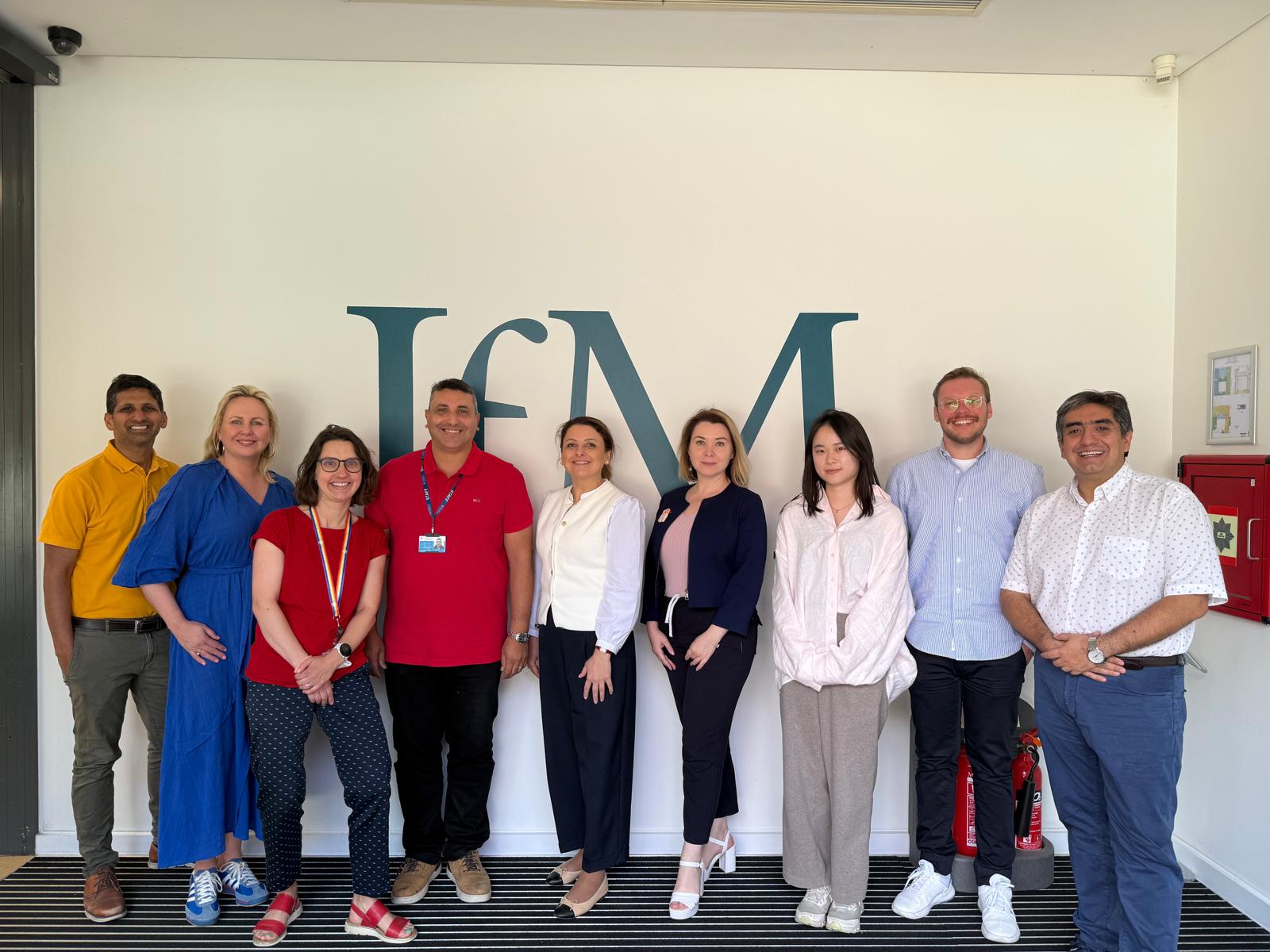
Submitted by Angela Walters on Tue, 14/04/2015 - 11:19
If Big Data is the 'New Oil' for Business - How Should Firms Go About Using It?
Podcast Interviews with Andy Neely and Mohamed Zaki
Listen to Mohamed's Podcast I Listen to Andy's Podcast
In the fast moving World of big data, firms big and small are increasingly looking to capitalise on the use of information to improve their business model and their “offering” to their customers. At the Cambridge Service Alliance new research just published aims to facilitate the usage of big data in businesses today.
The so called, DDBM (Data Driven Business Model) will require management boards to ask some fundamental questions about their mode of operation, from how they collect data, to protecting the confidentiality of their sources, to what processes they apply to use that data, to how they then monetize it and what barriers they may need to overcome to achieve their goals.
The Working Paper: Data and Analytics – Data-Driven Business Models: A Blueprint for Innovation and The Competitive Advantage of the New Big Data World has been authored by Josh Brownlow, Mohamed Zaki, Andy Neely and Florian Urmetzer.
In some industries such as publishing, big data has spawned entirely new business models. In this paper the authors study ten very different firms from The New York Times, to the fashion and retail chain Zara, to the bank Goldman Sachs, who plan years in advance, and they have even looked into the music business with Next Big Sound. Their findings reveal important insights into how different businesses in diverse business sectors are going about collecting, analysing and putting to good use the data they have acquired.
In these two podcasts Mohamed Zaki and Professor Andy Neely, Director of the CSA talk about the challenges of using Big Data and they outline the six questions businesses need to ask themselves to set up a data driven business model.
 Professor Neely said: “I think as more and more data is collected and more and more data sources are collated together you end up finding out new things that you didn’t know before and that each time opens up some more questions. It is not a matter of if firms become data driven but when.
Professor Neely said: “I think as more and more data is collected and more and more data sources are collated together you end up finding out new things that you didn’t know before and that each time opens up some more questions. It is not a matter of if firms become data driven but when.
“If you look across most sectors and most walks of life now, in the retail sector, the financial services sector, the telecoms sector there has been quite a lot of use of large data sets to get customer insights for a while. That is happening more frequently in large industrial manufacturing firms so a number of organisations in the Cambridge Service Alliance are thinking very carefully about both what data their assets produces and how that data might be used both to improve the efficiency of their own internal operations and improve the quality of service they offer to their customers.
“As the World becomes, in IBMs language, more interconnected, more instrumented and more intelligent, we will see greater interest in how you make better use of the data gathered.
“There are some fascinating start-up firms that were born digital, that were created in an age where the internet infrastructure existed, for instance Spotify and Facebook were born into this age, but older firms have legacy systems which they have built over a period of time, and they would not necessarily have created these systems if they had existed today. It might therefore be easier for newer firms to get the right infrastructure in place to access and exploit their data.
“The older firms will need to think more carefully about how they use their data, they will be collecting lots of data from the assets they have installed, so while they might not have the infrastructure in place, they have the assets creating the data. There are pros and cons of both the born digital company and the older more established ones.
“We are never going to get to a situation where decisions are made on the basis of data alone, there is always going to be a combination of judgement, experience, and gut feel supplemented by the data. It is becoming easier to access the data because of the use of technology.
“We can get more insight into how customers use the product and then you get a better designed product in the future so you end up with a more visible supply chain, and a more visible understanding of how the customers use your product. In the past this was behind the curtain for a company, they didn’t see it. It is more transparent now.”
 Mohamed Zaki said: “This Paper is discussing a guideline about how an organisation can step by step learn to use data and utilise it within their organisation. Companies have their own goals but they have general objectives, some look for differentiation of their brands, and some want to survive!
Mohamed Zaki said: “This Paper is discussing a guideline about how an organisation can step by step learn to use data and utilise it within their organisation. Companies have their own goals but they have general objectives, some look for differentiation of their brands, and some want to survive!
“We know that newspapers have had to adapt to new digital business models, while the newer platforms like Google and Facebook have collected data from their customers and started out with data driven models. We know that big data can increase competitiveness and help companies to survive.
“Moving to a big data wallet opens up new opportunities for firms and one of the lessons learnt from our study is that companies move to this new big data model because their competitors have done so, and that their customers expect the same level of service.
“The six fundamental questions we have set out for firms to ask themselves before they move to a DDBM is based on evidence we collected which suggests that it gives a 5 to 6 per cent higher performance than organisations not using it. “



